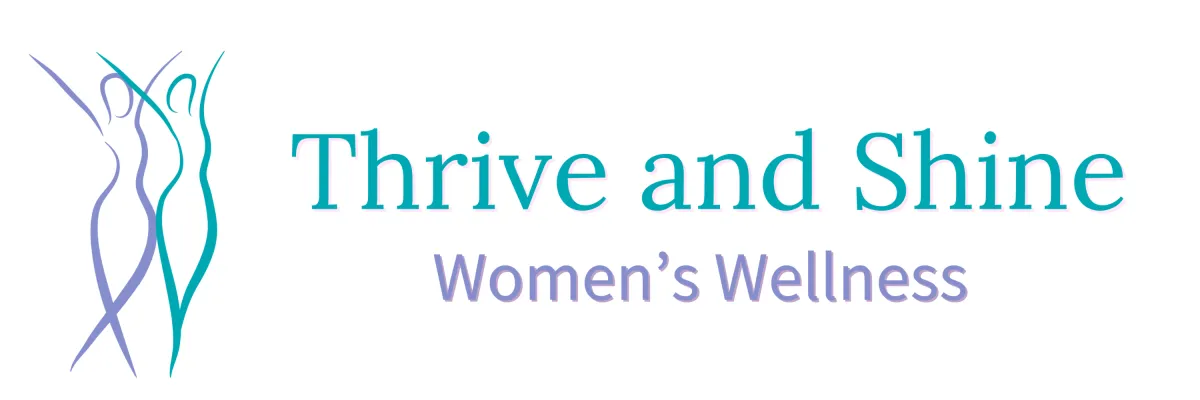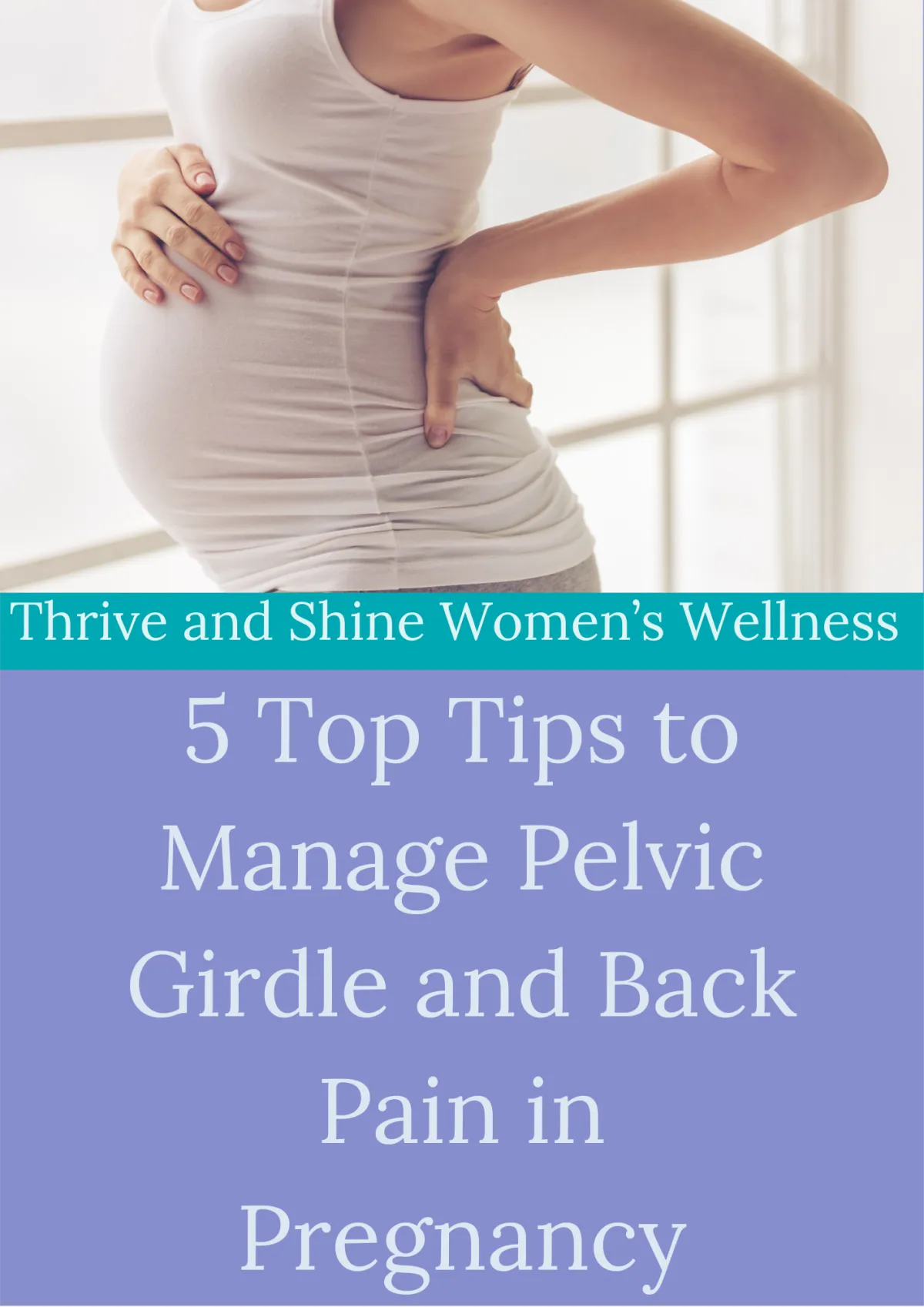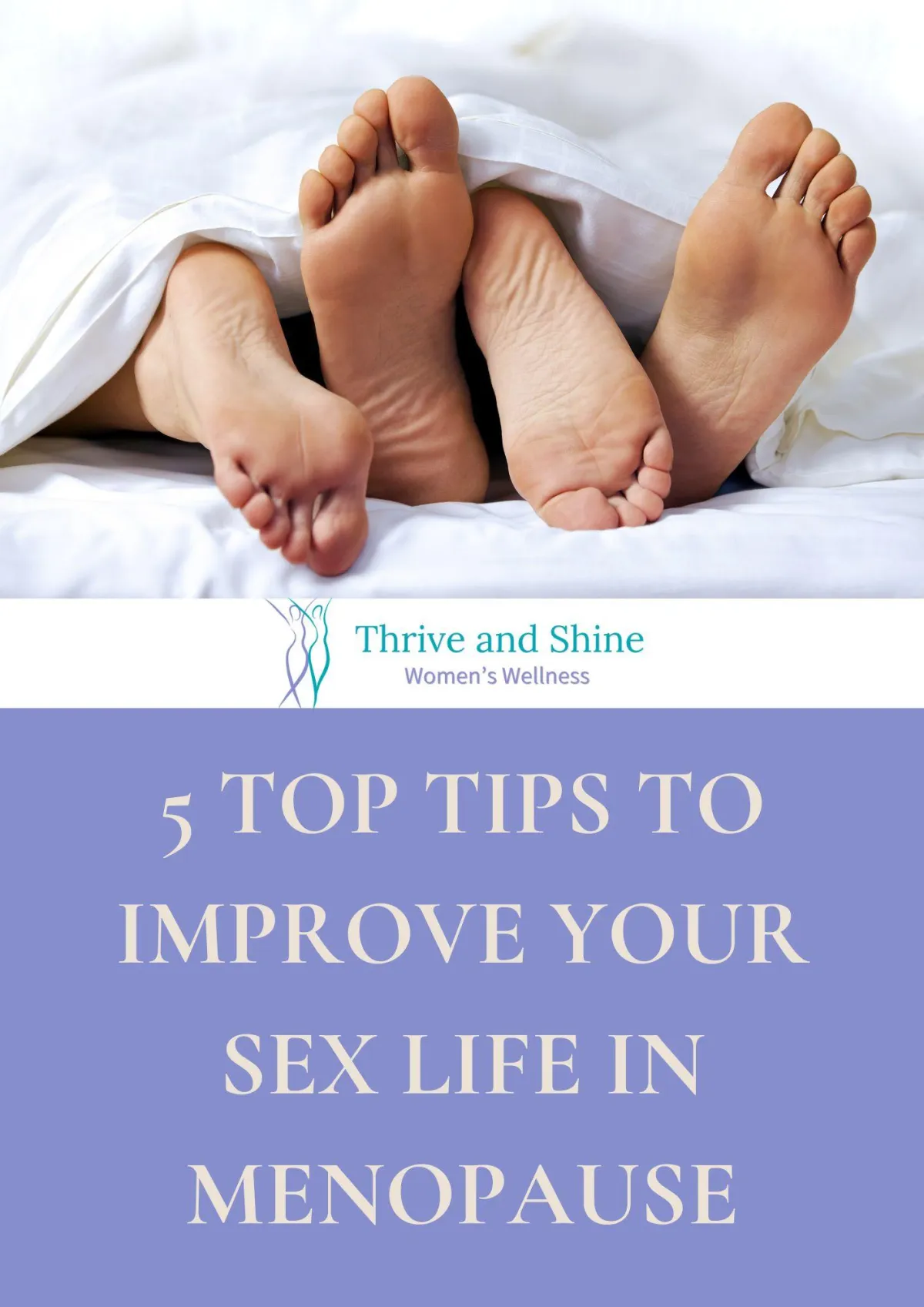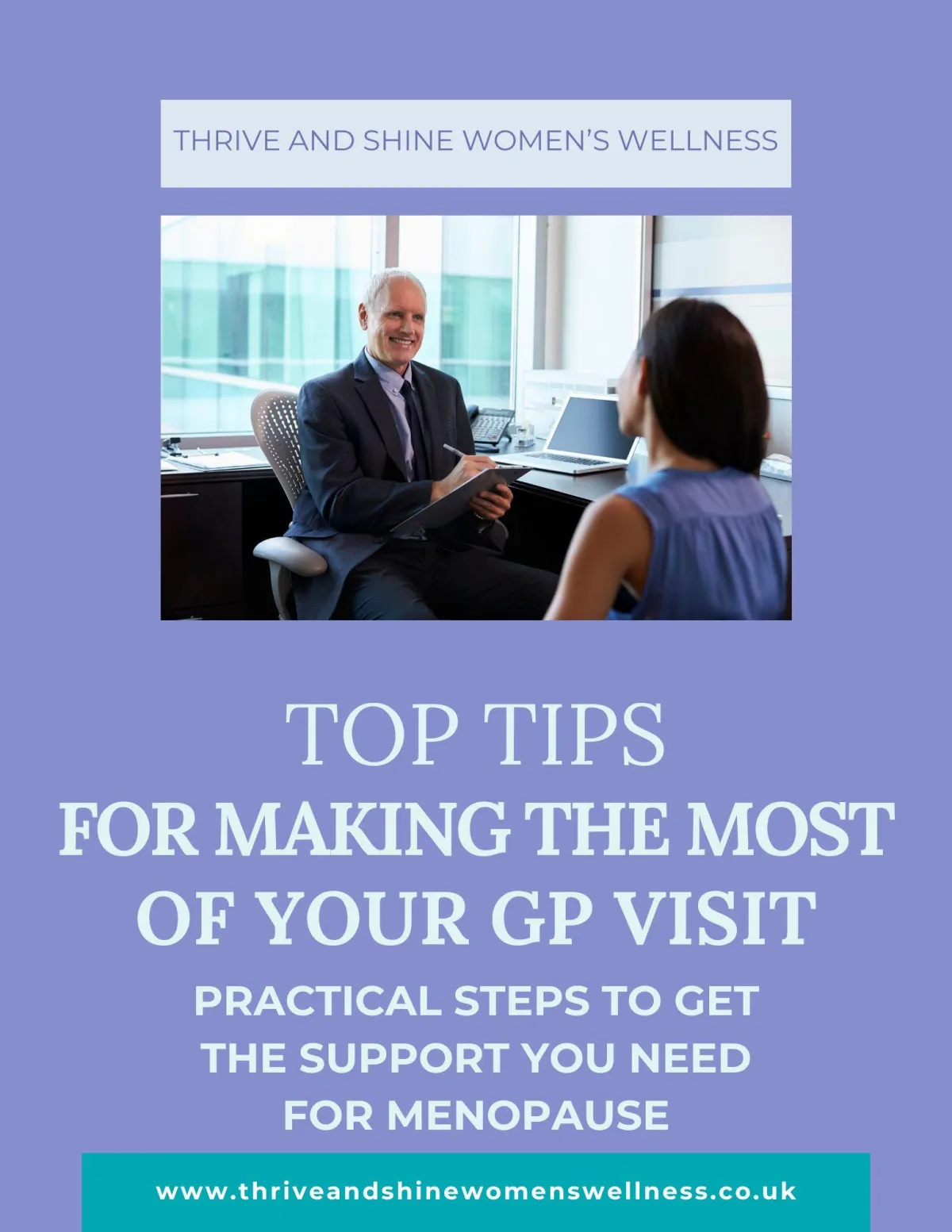

Free Resources
Free resources




Check out our blog for tips and advice about women's health.


Gut Health and Energy: What Every Woman Needs to Know
Gut Health and Energy: What Every Woman Needs to Know
By Roberta Bass, Women’s Health Physiotherapist
Thrive and Shine Women’s Wellness | Making Sense of Women’s Health Podcast
Do you feel constantly tired, sluggish, or bloated — no matter how well you eat or how much you rest?
Your gut might be playing a bigger role than you think.
As a Women’s Health Physiotherapist, I often work with women who experience fatigue, low mood, inflammation, and digestive discomfort. While nutrition plays a key role, it’s only one piece of a much bigger puzzle. The way you move, breathe, rest, and manage stress all influence how well your digestive system functions — and how much energy you have.
This blog explores the connection between gut health and energy, why symptoms often worsen during perimenopause, and what you can do to support your system naturally.

The Gut Is More Than Digestion — It’s a Metabolic and Immune Hub
Your digestive system is involved in much more than breaking down food. It’s the interface between your body and the outside world, responsible for:
Absorbing nutrients for energy, hormone production, and brain function
Producing neurotransmitters like serotonin (about 90% is made in the gut)
Supporting your immune system — roughly 70% of your immune cells live in the gut
Regulating inflammation and detoxification
Communicating with your brain through the vagus nerve (the gut–brain axis)
When your gut isn’t working well, the entire body has to work harder — leading to fatigue, fogginess, and feeling “off” even when tests say everything is fine.
The Gut–Energy Connection
You need a healthy gut lining and diverse microbiome to absorb energy-producing nutrients like:
Iron, B12, folate — needed to transport oxygen and create red blood cells
Magnesium and zinc — vital for energy metabolism and repair
Healthy fats and amino acids — needed to build hormones and neurotransmitters
If your gut is inflamed, sluggish, or dysregulated, you may experience:
Fatigue after eating
Bloating or discomfort
Brain fog and low motivation
Cravings for sugar or caffeine
Low tolerance to exercise or activity
Disrupted sleep and poor recovery
This often creates a vicious cycle: the worse you feel, the harder it becomes to eat well, move, or rest — and the more energy your body spends just keeping you going.
Why These Symptoms Are So Common in Perimenopause and Beyond
Hormonal shifts in the 40s and 50s affect digestion in multiple ways:
Oestrogen and progesterone influence gut motility. Low progesterone can lead to sluggish bowels, while fluctuating oestrogen may cause bloating or cramping.
Stomach acid and enzyme production often decrease. This can lead to incomplete digestion and increased sensitivity to certain foods.
The gut microbiome changes. Some studies suggest diversity declines with age and hormonal change, which can affect immunity, weight, and inflammation.
Stress and sleep disruption become more common. Both of these reduce the gut’s ability to repair and regulate itself, and they contribute to symptoms like urgency, discomfort, and fatigue.
This is why so many women report new food sensitivities, bloating, or sluggish digestion during perimenopause — often for the first time in their lives.
What Is “Leaky Gut” and Does It Matter?
“Leaky gut,” also known as increased intestinal permeability, refers to the idea that the lining of the gut can become too porous. When this happens, larger molecules (like undigested food particles or inflammatory compounds) may pass into the bloodstream.
This is still a developing area of research, but it’s thought to contribute to:
Systemic inflammation
Food sensitivities
Chronic fatigue
Brain fog or mood swings
Autoimmune flare-ups
Skin conditions like eczema or acne
Potential contributing factors include:
Long-term stress
Diets high in processed foods and alcohol
Certain medications (e.g. NSAIDs)
Gut infections or dysbiosis (bacterial imbalance)
Hormonal disruption
Whether or not “leaky gut” is fully accepted as a diagnosis, the symptoms are very real for many women — and gentle, supportive approaches can help improve them.
What Are the Signs Your Gut Might Be Under Stress?
You don’t need a formal diagnosis to know that your digestion isn’t working well. Some signs include:
Bloating or excessive gas
Constipation or loose stools
Fatigue, especially after eating
Brain fog or low mood
Sugar cravings or carb crashes
Skin sensitivity or breakouts
Pelvic heaviness, urgency, or discomfort
Trouble recovering from exercise or illness
Many women are told their symptoms are just hormonal — and sometimes they are. But hormones don’t work in isolation. Supporting your gut and nervous system can be a powerful way to feel better from the inside out.
How to Support Your Gut (Without Overhauling Everything)
You don’t need to follow extreme diets or take expensive supplements to improve your gut health. Here are some gentle, evidence-informed strategies that support your whole system:
1. Chew more, rush less
Digestion starts in the mouth. Slow, mindful eating supports your parasympathetic nervous system (“rest and digest”) and reduces bloating.
2. Feed your microbiome
Diverse, colourful plant foods help good bacteria thrive. Aim for 30+ plant-based foods each week (fruits, veg, legumes, herbs, grains).
3. Hydrate consistently
Water helps move waste through the bowel and reduces pressure on your pelvic floor. Mild dehydration is linked to fatigue and headaches.
4. Support movement
Low-impact activities like walking or Pilates stimulate digestion, reduce inflammation, and support energy and stress balance.
5. Reduce triggers gently
You don’t need to eliminate everything. Just notice how processed foods, caffeine, sugar, or alcohol affect your digestion and energy — and adjust accordingly.
6. Manage stress effectively
Chronic stress weakens the gut lining and disrupts microbiome balance. Practices like deep breathing, creative rest, and CONTROL (my subconscious method) can help reset your system.
7. Rebuild rhythm
The gut responds well to consistency. Try eating around the same time each day, getting morning light, and prioritising sleep routines — it all adds up.
When to Seek Support
If you’re struggling with digestive discomfort, fatigue, or symptoms that just won’t shift, it’s worth getting professional support.
Even if your blood work or scans are normal, you might still benefit from:
Women’s Health Physiotherapy — especially for bloating, abdominal tension, constipation, or pelvic floor dysfunction
Pilates and movement rehab — to gently reintroduce activity and build core strength
Mind–body support through CONTROL — if stress, trauma, or anxiety are contributing to gut issues
🎧 Want to Learn More?
This blog is based on my podcast episode:
Gut Health and Energy: What Every Woman Needs to Know
🎧 Listen on Apple Podcasts, Spotify, or at
👉 www.makingsenseofwomenshealth.co.uk
It’s a great starting point if you want to understand how your symptoms fit together — and what you can do next.
💬 Ready to Feel More Energised and in Control?
You don’t have to stay stuck in survival mode. Whether you’re perimenopausal, postnatal, or just feeling overwhelmed and exhausted — let’s take the first step.
Explore Women’s Health Physiotherapy for personalised support with pain, pelvic health, and movement.
💬 Or browse and CONTROL sessions to support your body and mind.
If you are in the corporate world or run your own business then check out my free webinar
Elevating Business Success
5 key benefits of supporting women's health

Sign up for our newsletter.



